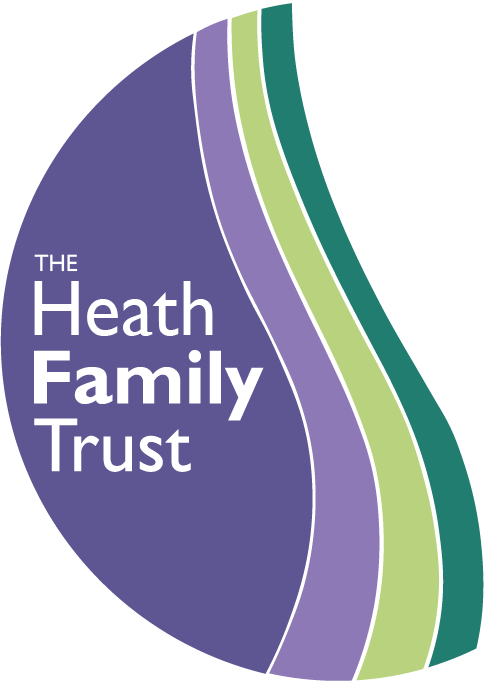Dyslexia
The British Dyslexia Association tells us:
'Ten percent of the population are believed to be dyslexic, but it is still often poorly understood. With the right support, the strengths and talents of dyslexic people can really shine.'
So, what is dyslexia?
The following definition is taken from the Rose Report 2009, which was a report to the Secretary of State for Children, Schools, and Families.
Dyslexia is a learning difficulty that primarily affects the skills involved in accurate and fluent word reading and spelling.
- Characteristic features of dyslexia are difficulties in phonological awareness, verbal memory, and verbal processing speed.
- Dyslexia occurs across a range of intellectual abilities.
- It is best thought of as a continuum, not a distinct category, and there are no clear cut-off points.
- Co-occurring difficulties may be seen in aspects of language, motor co-ordination, mental calculation, concentration, and personal organisation, but these are not, by themselves, markers of dyslexia.
- A good indication of the severity and persistence of dyslexic difficulties can be gained by examining how the individual responds or has responded to well-founded intervention.
It is more than this.
Dyslexia is about information processing. Dyslexic people may have difficulty processing and remembering information they see and hear, which can affect learning and the acquisition of literacy skills. Dyslexia can also impact on other areas, such as organisational skills.
But…
It is important to remember that there are positives to thinking differently. Many dyslexic people show strengths in areas such as reasoning and in the visual and creative fields.
In-school support:
Dyslexia concerns will follow the school referral process. The school may receive referrals from staff members who believe they have identified some traits of dyslexia. The referral will be triaged in school and will be passed to the specialist teacher in the SEND team.
The next steps would involve either a screener to look for signs that dyslexia may be present or some additional face-to-face assessments. If a student is shown to have traits of dyslexia, intervention will be scheduled for the student, and parents or carers will be contacted. The student’s Learning Plan will be updated, and appropriate advice and support will be put in place.
For a pre-existing dyslexia diagnosis, our specialist teacher will meet students on entry to school, and face-to-face assessments and/or screeners will be carried out. The student’s Learning Plan will be updated, and appropriate advice and support will be put in place. Intervention with a specialist teacher will be carried out, and progress will be reviewed.
How can I find out more?
Five ways to support your child with dyslexia at home - BBC Bitesize
https://www.bdadyslexia.org.uk/advice/children/guidance-for-parents

